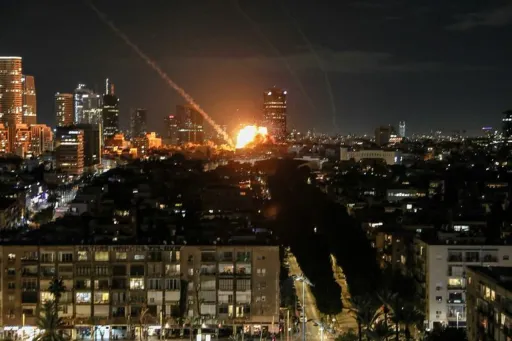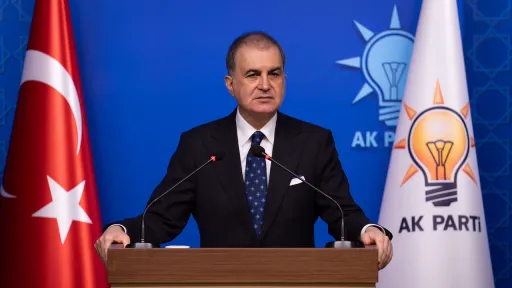Israel's cabinet has approved the Gaza ceasefire deal, kicking off the first phase of the agreement that will see Israel release hundreds of Palestinian prisoners in exchange for captives held in Gaza, withdraw troops from parts of the enclave, and allow hundreds of aid trucks to enter Gaza daily.
The cabinet nod early on Friday came after a breakthrough ceasefire agreement between Israel and the Palestinian resistance group Hamas that came into effect on Thursday.
"The government, headed by Benjamin Netanyahu, approved the agreement to end the war in the Gaza Strip and return all hostages (Israeli prisoners in Gaza)," Israeli government statement said.
The cabinet session opened with a security briefing by the Chief of Staff Eyal Zamir, local media said, adding US President Donald Trump's Special Envoy to the Middle East, Steve Witkoff, and Trump's son-in-law, Jared Kushner, entered the meeting with Israeli Prime Minister Benjamin Netanyahu after concluding talks.
The meeting followed hours of delay after an earlier Security Cabinet session ended without a vote on Trump's 20-point Gaza peace deal.
Israeli public broadcaster Kan published a document titled "Comprehensive end to the Gaza war", saying the government approved the agreement but extremist ministers Itamar Ben-Gvir, Bezalel Smotrich, Yitzhak Wasserlauf, and Amichai Eliyahu voted against the Trump's plan.

'We ended war in Gaza'
The ceasefire agreement was announced at dawn on Thursday following four days of indirect negotiations between Hamas and Israel in Egypt's Red Sea city of Sharm el-Sheikh, with mediation from Türkiye, Egypt, Qatar, and the US.
The second phase of the plan calls for the establishment of a new governing mechanism in Gaza without Hamas' participation, the formation of a security force comprising Palestinians and troops from Arab and Islamic countries, and the disarmament of Hamas.
Arab and Muslim countries have welcomed the plan.
Both Israel and Hamas have confirmed their commitment to the initial phase, which centres on three pillars: a prisoner exchange, Israeli troop withdrawal to designated lines and the entry of critical humanitarian aid into Gaza after years of blockade.
Hamas said the first exchange will see 20 Israeli captives freed in return for nearly 2,000 Palestinian prisoners.
This includes 250 Palestinians serving life sentences and 1,700 others, many of them women and children, detained since the onset of the war. The swap is expected to occur within 72 hours of the deal's implementation.
The 20-point plan, first announced on September 29, included the release of all Israeli captives in exchange for Palestinian prisoners, a ceasefire, the disarmament of Hamas and the rebuilding of Gaza.
Earlier on Thursday, Trump declared that US and other negotiators helped end Israel's war on besieged Gaza, stressing the Israeli captives should be released on Monday or Tuesday and that he hopes to attend a signing ceremony in Egypt.
He said, "we ended war in Gaza," adding it will lead to "lasting peace."
Hamas chief negotiator, Khalil al Hayya, said the Palestinian resistance group has received guarantees from the US, Arab mediators and Türkiye that Israel's genocide in Gaza has permanently ended.
Meanwhile, far-right Israeli National Security Minister Itamar Ben-Gvir warned on Thursday that his extremist Jewish Power party would push to topple Prime Minister Netanyahu's regime unless Hamas is ultimately dismantled.

US military team to 'oversee' truce
Meanwhile, a US military team of 200 people will be deployed in the Middle East to "oversee" the Gaza ceasefire, senior US officials said on Thursday.
Admiral Brad Cooper, the head of the US military's Central Command, "will initially have 200 people on the ground.
His role will be to oversee, observe, make sure there are no violations," one senior official told reporters.
Egyptian, Qatari, Turkish and probably Emirati military officials would be embedded in the team, he said.
A second official said that "no US troops are intended to go into Gaza."























